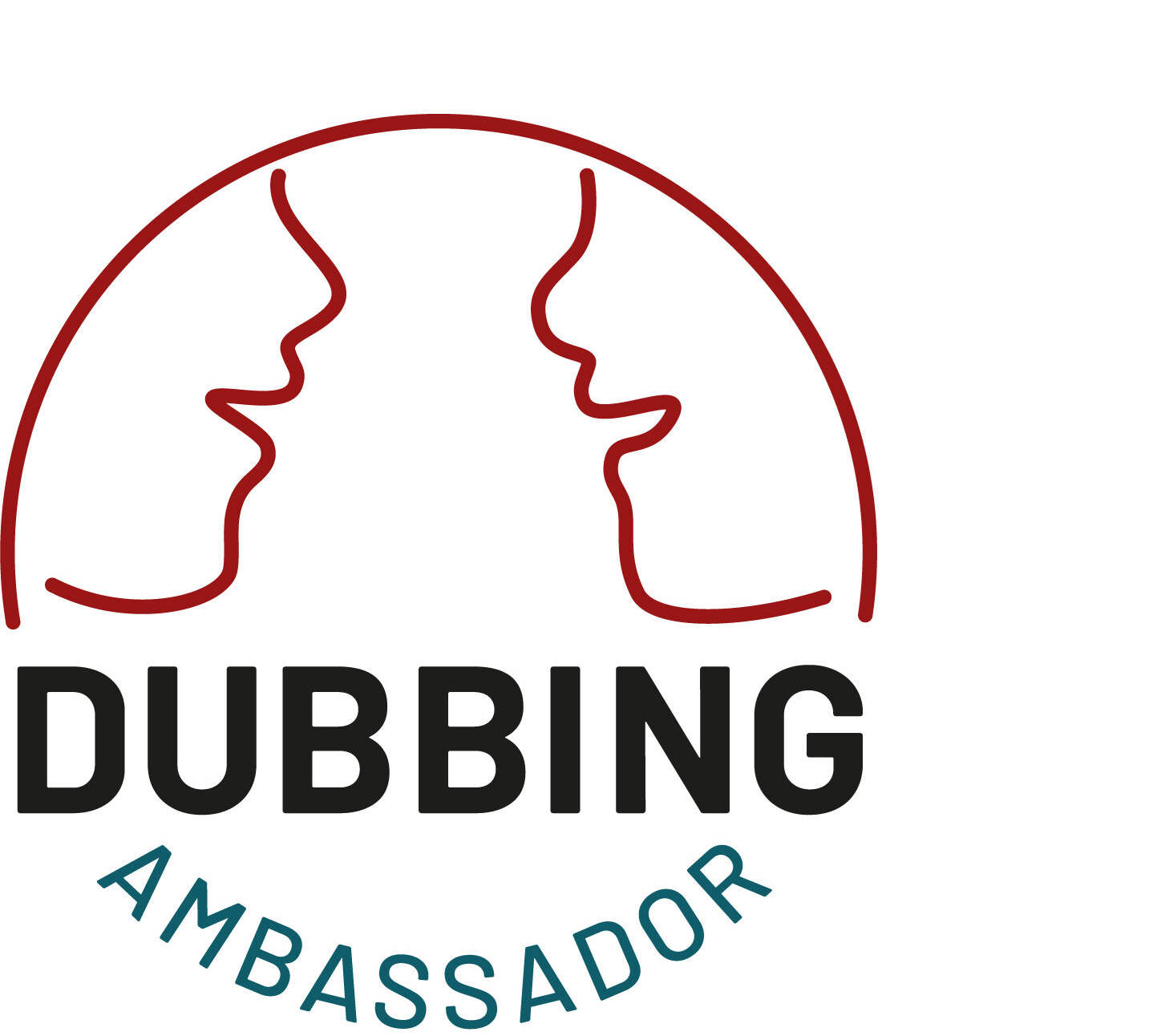Time to clear up a popular misconception. Small differences in the meanings of gestures (and intertitles) aside, silent films were a global product. They would have been understandable pretty much everywhere in the world. But with the addition of spoken dialogue to movies, that changed radically.
Since then, every movie had to be adjusted in one form or another, whether re-shot in another language (in the early days, as well as much later, when US production companies bought entire films and re-shot them in American, like Three Men and a Baby), or dubbed, or subtitled. Something like Transformers, with striking images and a worldwide marketing campaign for its products, might feel more universal than Barton Fink, but it still needs to be translated. It’s always a story that comes out of one cultural context and – if you want people to watch it – needs to work in another cultural context.
And from place to place, there are different adjustments to be made. Contrary to the popular idea that humor is the most difficult to translate, it’s usually the swearing that proves to be challenging, because it hinges on very culturally specific taboos, whether it’s religion or the naming of body parts. Add gestures to this, and you can be stuck with a line for days, quietly mouthing “help” in the direction of your office wall every ten minutes, until you can find an equivalent.
And not only do you have to take the origin and the target cultures into account, you also have to figure in the producers’ idea of the audience they intend to reach. With different local laws, what you write sometimes even depends on the time of day at which your show will be shown on linear TV. There are certain things you might not be able to say before 10pm, when, magically, all the 14-year-olds go to bed …
There are plenty of areas in which my workflow could be made smoother. Achieving consistency in role names can be a nightmare, for example, over several seasons of a series, with multiple writers, changing production companies with different guidelines, and different dubbing companies each with their own proprietary systems to book actors based on their character names, where it makes a difference whether it’s “JOHN” or “JOHN:” Machines have already shown that they might be very useful here.
But when it comes to what John says in German when he says: “that was a fucking Hail Mary pass if I’ve ever seen one,” that’s a decision that no machine should be responsible for. It may take a little more time for humans to do it, but they do get it right. There is no one-size-fits-all solution to a dub. There is no way to streamline the process on the creative side of things.




